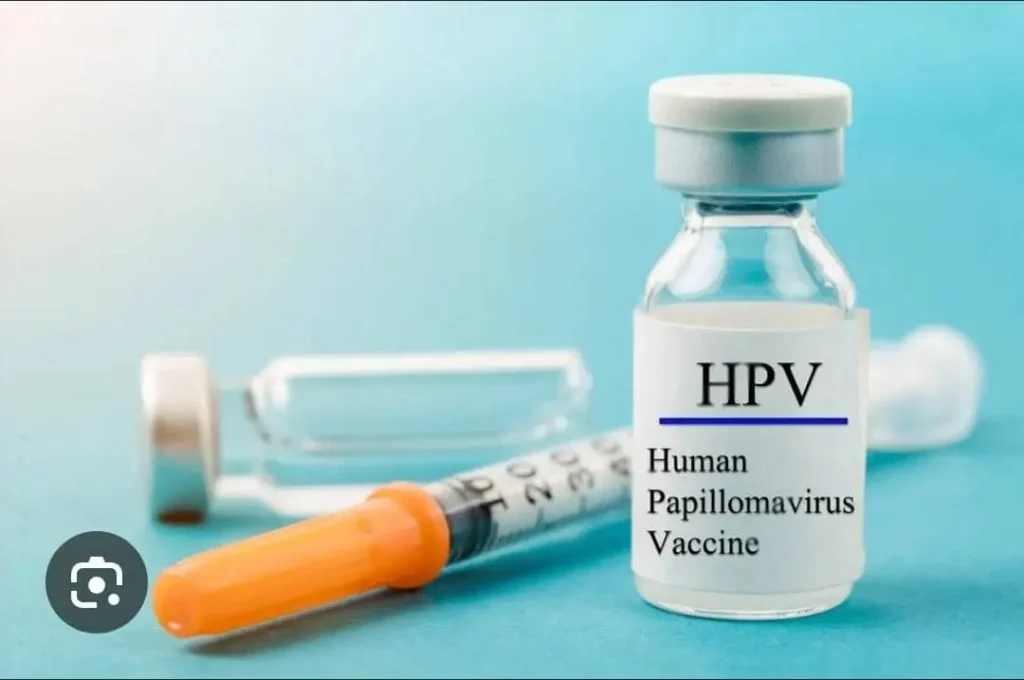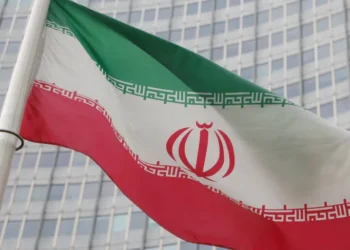Ghana is set to launch a nationwide Human Papillomavirus (HPV) vaccination campaign on October 7, aiming to protect over 2.4 million adolescent girls against cervical cancer. In the Eastern Region alone, health officials say 202,194 girls aged between 9 and 14 years will be targeted.
The Ghana Health Service (GHS), which is leading the campaign, revealed that the exercise will run for five days in its first phase before the HPV vaccine is fully integrated into routine immunisation. The vaccine of choice, Gardasil 4, will be given in a single dose.
At a stakeholders’ meeting in Koforidua, the Eastern Regional Health Directorate outlined how the vaccination drive would be rolled out across schools and communities.
“The burden of cervical cancer is on the increase, with its associated mortality. Elimination of cervical cancer is feasible with high uptake of the HPV vaccine. Ghana has successfully implemented HPV vaccine pilots and demonstrated its feasibility with high vaccine uptake”
Ghana Health Service

Speaking on the issue, Dr. Moses Barima Djimatey, Deputy Director in charge of Public Health in the Eastern Region, said a combination of in-school and out-of-school strategies will be used to ensure no eligible girl is left out. He explained that the approach would involve “static posts, outreaches, and camp-based services,” to reach both rural and urban populations.
He noted that after the initial five-day campaign, the vaccine will be included in the country’s routine immunisation schedule for nine-year-old girls, while those aged 10 to 14 years will be offered catch-up doses.
According to Ghana Health Service, cervical cancer remains a major public health threat in Ghana, ranking as the second most common cancer among women and a leading cause of cancer-related deaths. The country records about 2,800 new cases annually, with 1,700 deaths reported in 2020 alone.
“Nearly 70 percent of cases are diagnosed at advanced stages, where survival outcomes are poor,” Dr. Djimatey stated.
Health experts highlight that while the five-year survival rate is around 95 percent for early-stage cervical cancer, it drops drastically to 15 percent for stage IV disease. This underscores the urgency of “prevention through vaccination.”

Previous Pilots, Partnerships and Planning
Ghana’s decision to embark on a nationwide rollout follows the success of earlier pilot projects.
Dr. Samuel Bortei Borlabi, Deputy Director of Clinical Care in the Eastern Region, recalled that in 2013, a pilot in 13 districts across the Northern and Central Regions vaccinated 33,725 adolescent girls, “achieving coverage rates ranging from 76.4 percent to 94.4 percent.”
Between 2013 and 2015, another pilot in Greater Accra and the Northern Region delivered HPV vaccines to 10-year-old girls. An independent survey later confirmed an 81 percent full vaccination coverage, results that health officials described as highly encouraging.
“Ghana has successfully implemented HPV vaccine pilots and demonstrated its feasibility with high vaccine uptake,” officials said, stressing that the country has the experience to handle the wider national programme.
The Ghana Health Service emphasised that partnerships would be key to the success of the campaign.

“Collaboration with Ghana Education Service (GES), Private Schools is key reaching the targeted population. The country plans to introduce the HPV vaccine into routine immunisation in October 2025,” the Service said, noting that such strategic partnerships would be crucial in reaching the targeted population.
Health officials are optimistic that Ghana’s HPV vaccination campaign could become a turning point in the fight against cervical cancer. With strong collaboration, careful planning, and nationwide participation, they believe the elimination of cervical cancer in Ghana is no longer out of reach.
READ ALSO: Actor Decries Comedy’s Turn Toward Cruel Punchlines


















